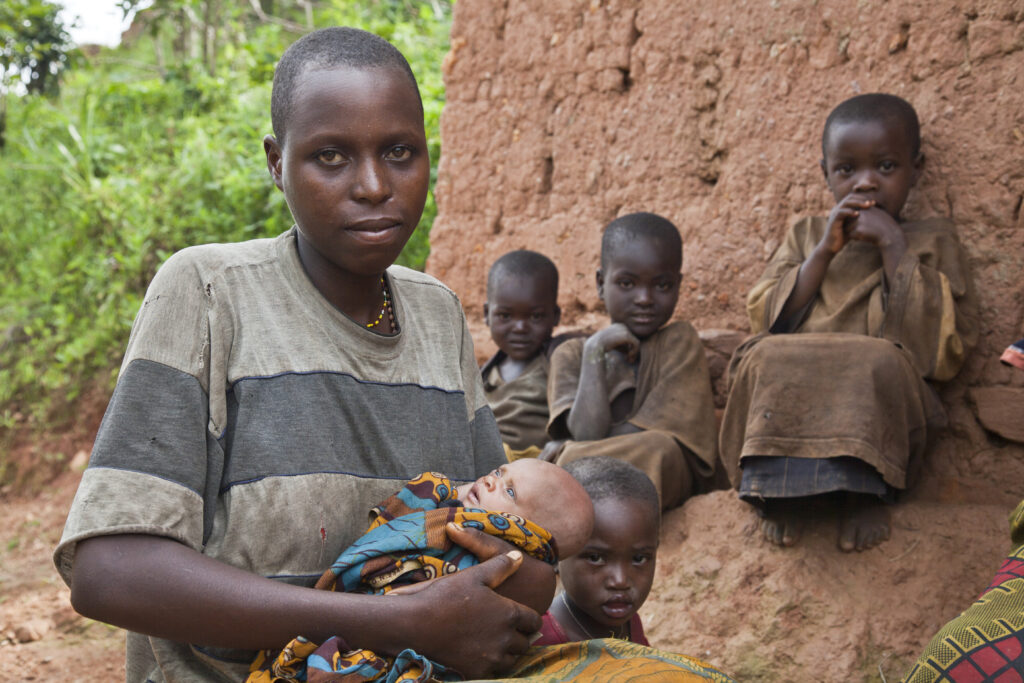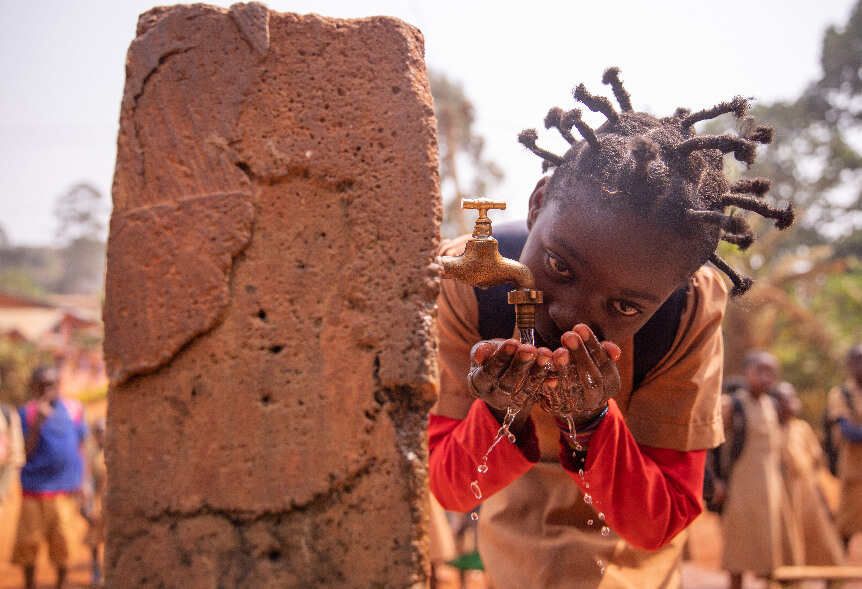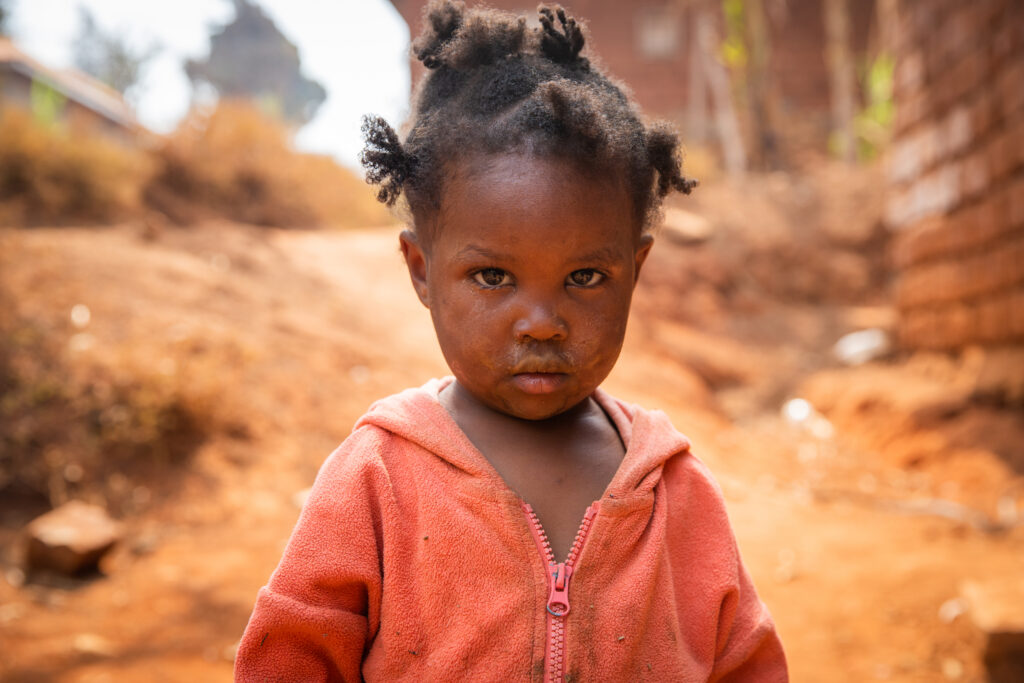- 10106 199th Ave E, Bonney Lake, WA 98391 United States of America
- info@mscinternational.org
- +1 206-724-3574

At Malundo Schools Charity International (MSCI), we recognize that education alone is not enough to uplift communities. That’s why we are deeply committed to community development initiatives that empower individuals, improve livelihoods, and create sustainable opportunities. Our approach goes beyond traditional charity by fostering self-reliance, economic growth, and social transformation in the communities we serve.
One of our key focuses is economic empowerment through skill development programs. Many individuals in rural communities struggle with unemployment due to a lack of vocational skills and business opportunities. MSCI provides training in trades such as carpentry, tailoring, agriculture, and entrepreneurship, equipping individuals with the skills they need to generate income and support their families. We also offer small business grants and mentorship programs to help aspiring entrepreneurs turn their ideas into sustainable businesses.
Malundo Schools Charity International (MSCI) is committed to long-term, sustainable community transformation. One of our flagship initiatives under Community Development is the Establishment of a Small Batik Industry — a project designed to preserve cultural heritage, create employment, and empower women and youth.
Batik, a centuries-old fabric dyeing technique known for its intricate designs and deep cultural roots, is more than just art — it’s a livelihood. At MSCI, we aim to harness this craft not only to celebrate tradition but to spark economic opportunity. Our plan is to establish a small-scale batik production unit using handmade, eco-conscious methods that reflect both creativity and responsibility.
Preserve and promote traditional batik-making techniques.
Create employment for local artisans, especially women and young people.
Produce high-quality, handmade batik fabrics and products for local and international markets.
Support sustainable production, using natural dyes and environmentally friendly processes.
Location: A community-based workshop in a rural or peri-urban area in Tanzania
Products Include:
Handcrafted batik fabrics (cotton, silk, blends)
Fashion items such as dresses, shirts, and scarves
Accessories like bags and home décor pieces
Custom corporate and event-based orders
How It Works:
Our artisans will follow a 4-step process:
Designing wax patterns using canting or cap techniques
Dyeing with natural or chemical dyes
Wax removal through boiling or scraping
Final finishing, drying, and quality control
This initiative doesn’t just create jobs — it nurtures skills, confidence, and community ownership. We plan to run training programs for unemployed youth and provide fair-wage opportunities for local artisans. With strategic use of social media and e-commerce platforms, we aim to give our community global visibility.
Our estimated startup investment is $8,500 USD, covering tools, raw materials, branding, rent, and fair labor compensation. Within the first year, we project monthly revenues of $1,500–$2,000, reaching our break-even point in 6–8 months.
Adoption of natural dyes and organic materials
Eco-friendly processes from start to finish
Partnerships with local suppliers to boost the local economy
We invite donors, partners, and grant agencies to be part of this beautiful blend of culture and change. Your support can help us provide tools, training, and the resources needed to build a self-sustaining, community-run Batik enterprise.


10106 199th Ave E, Bonney Lake, WA 98391 United States of America